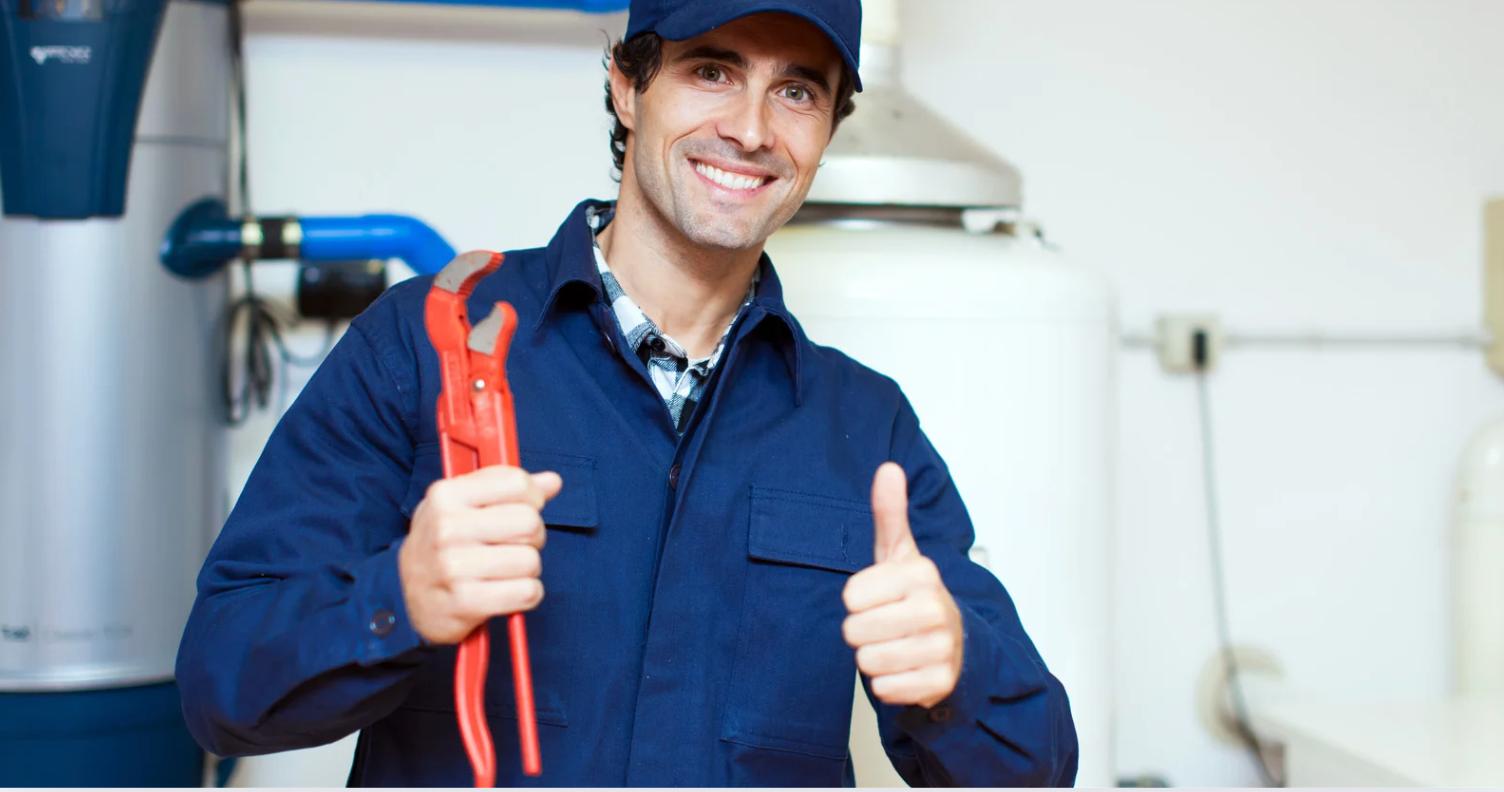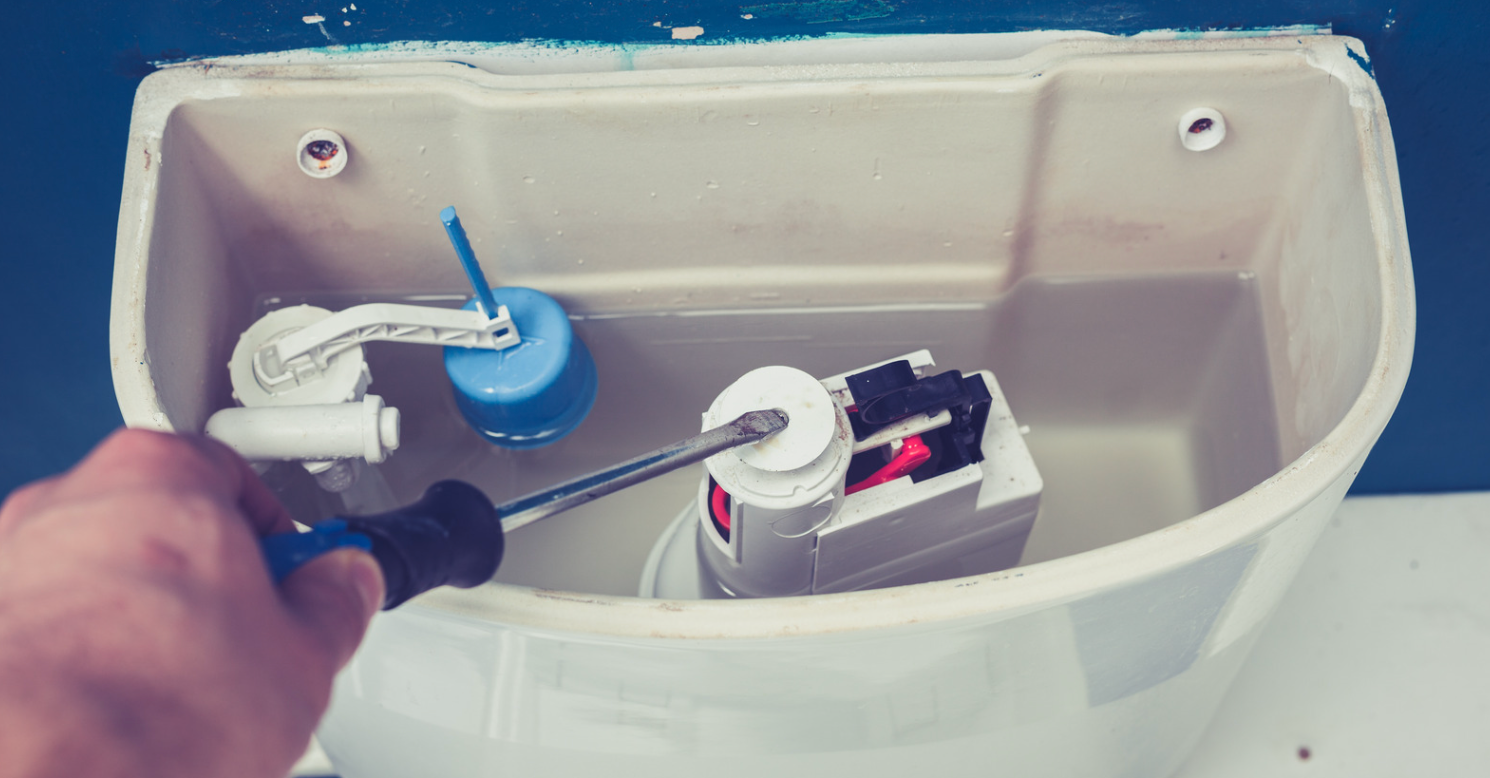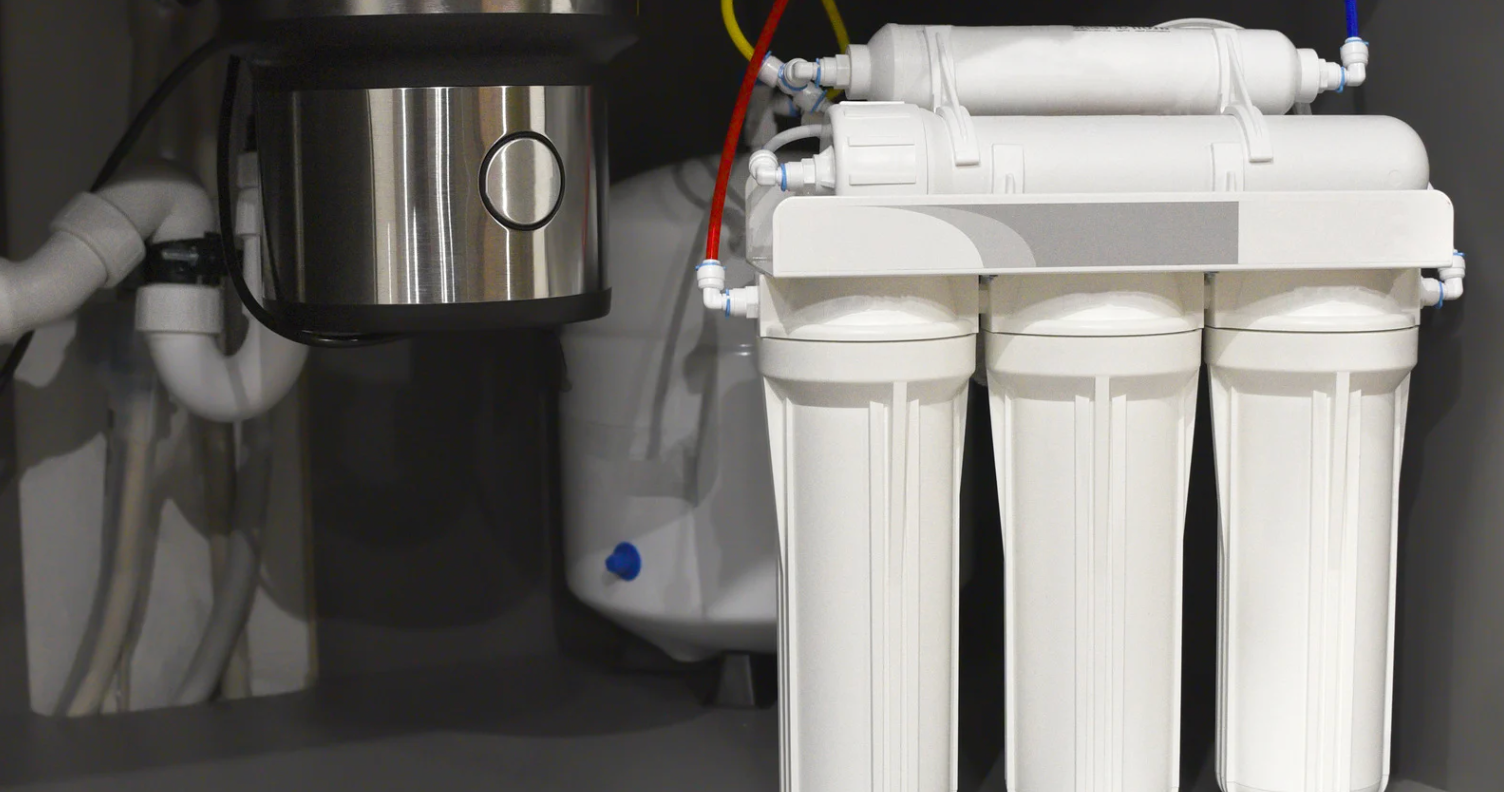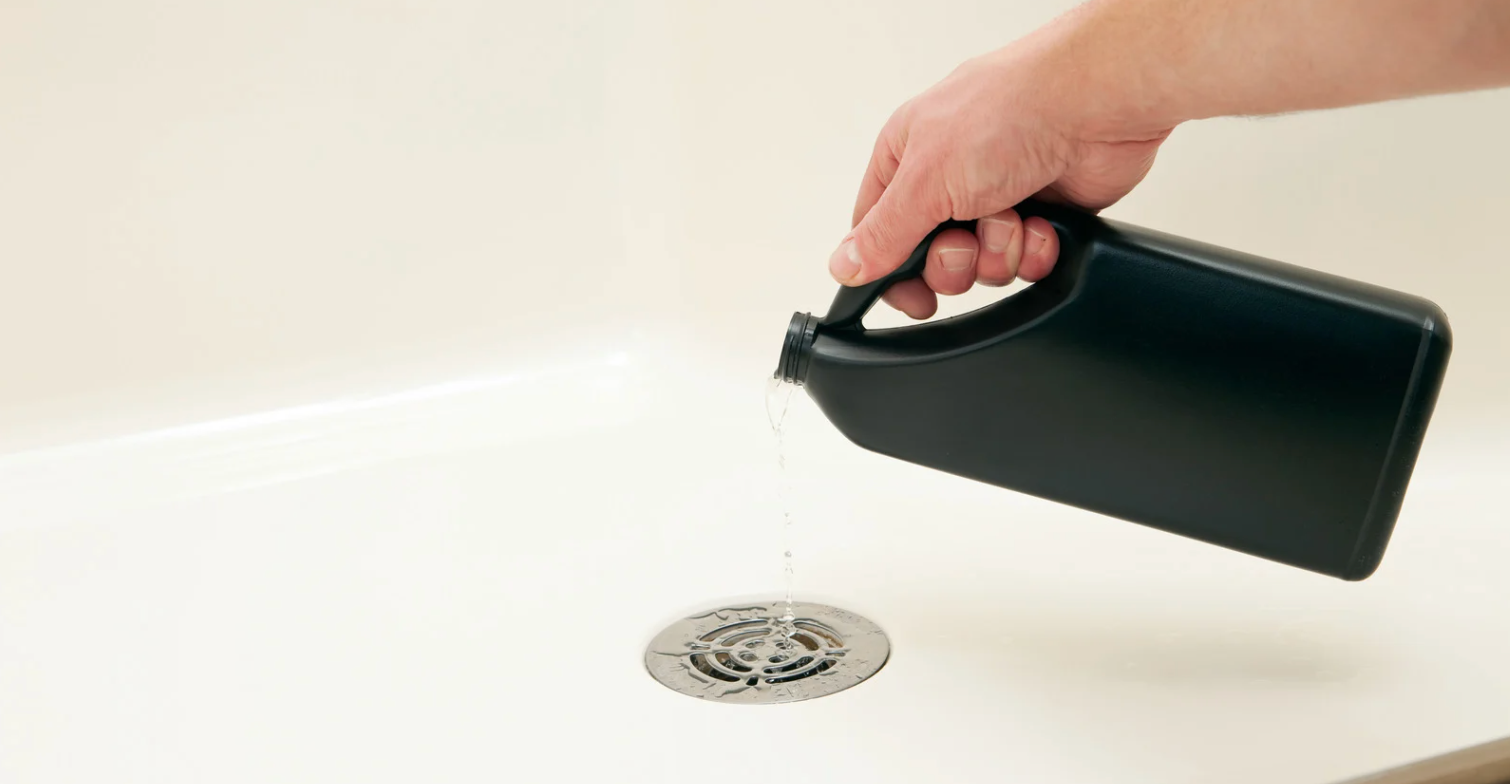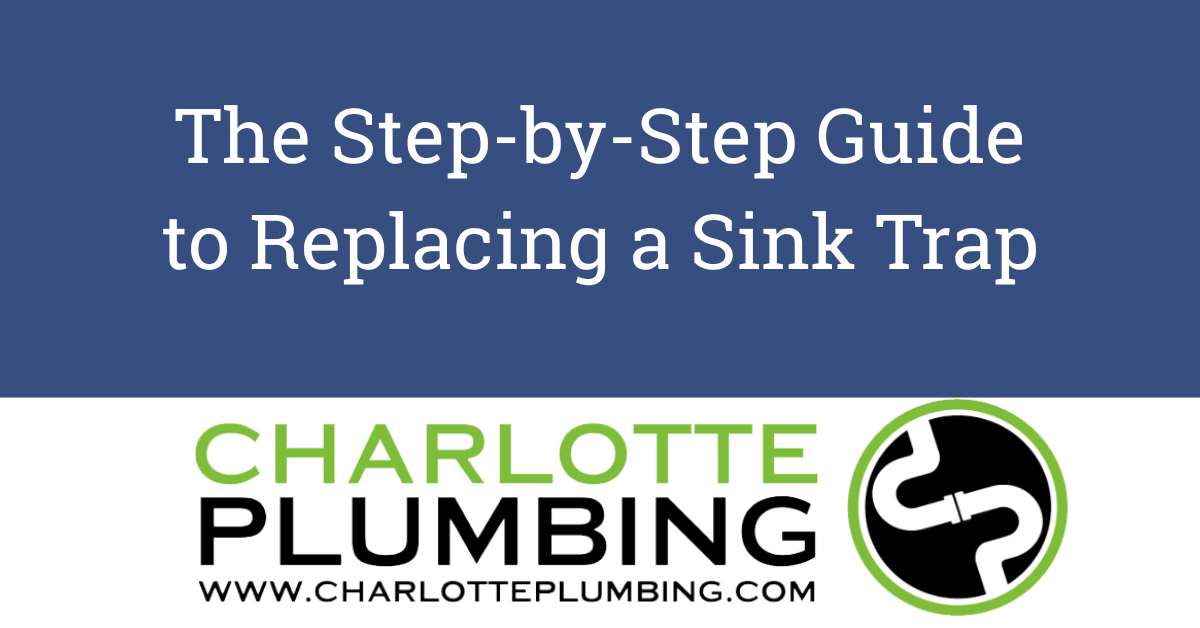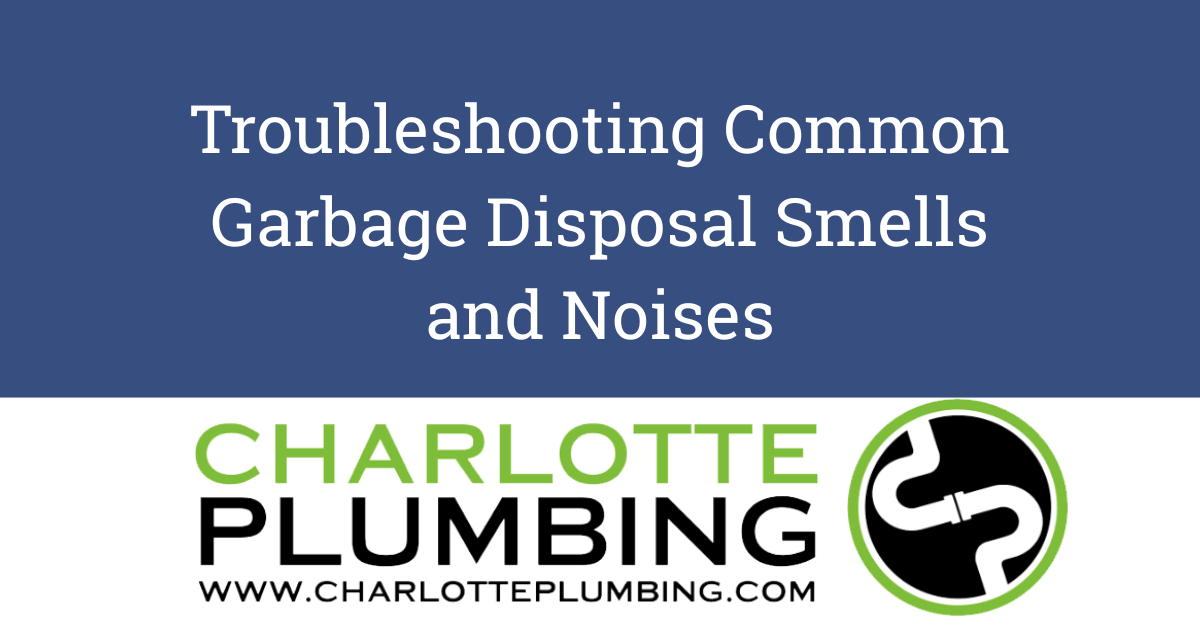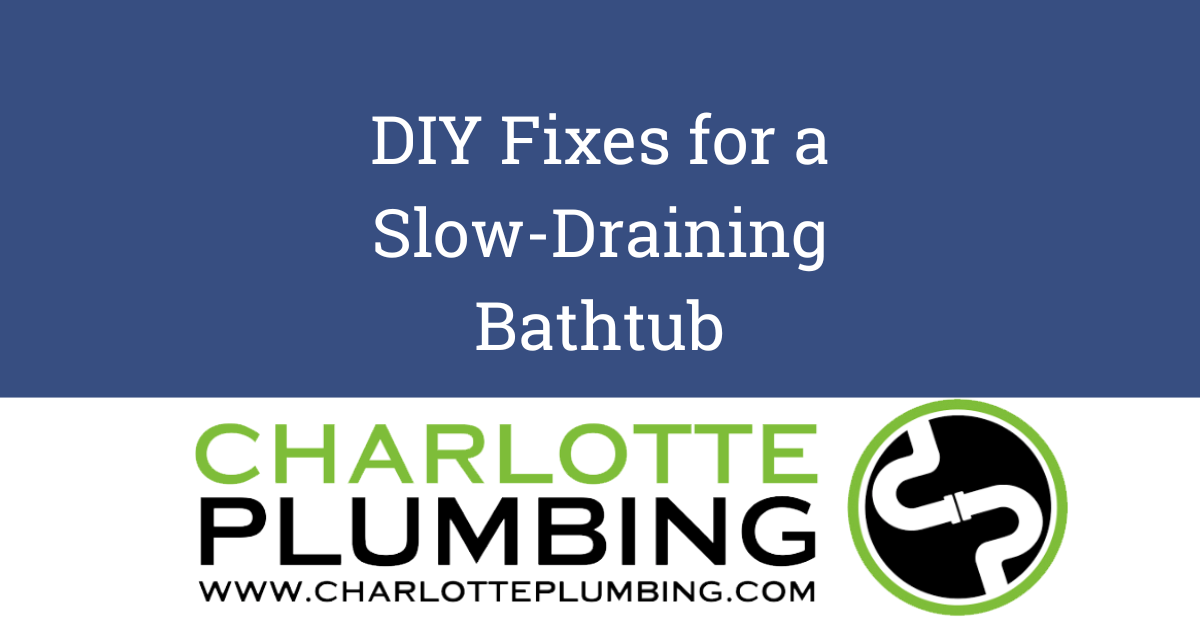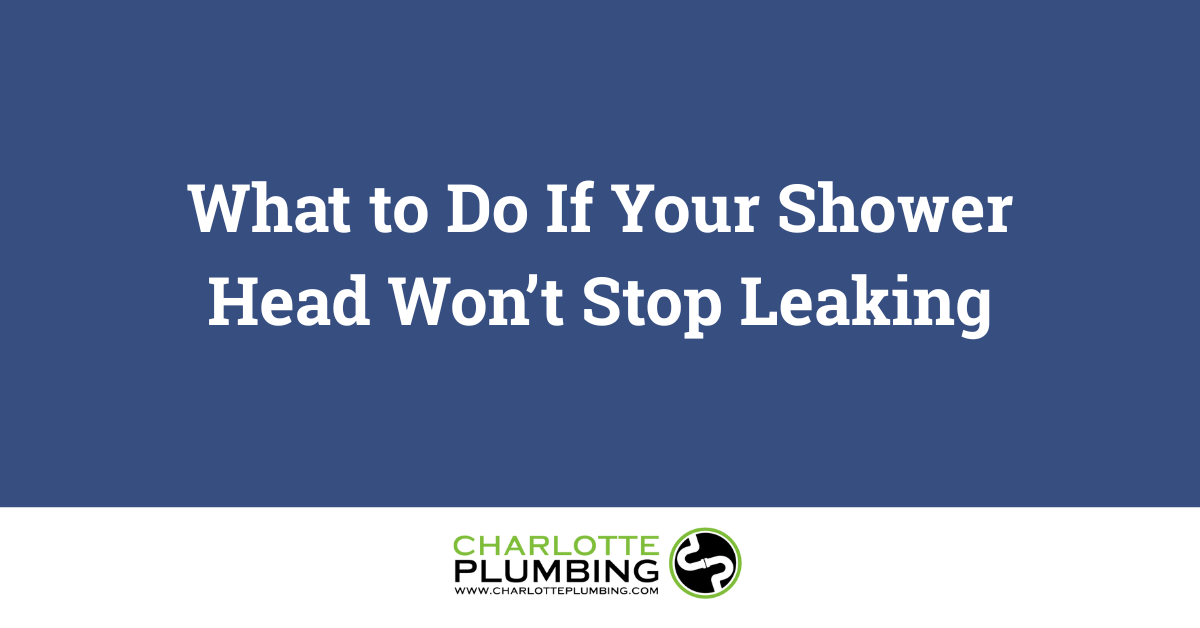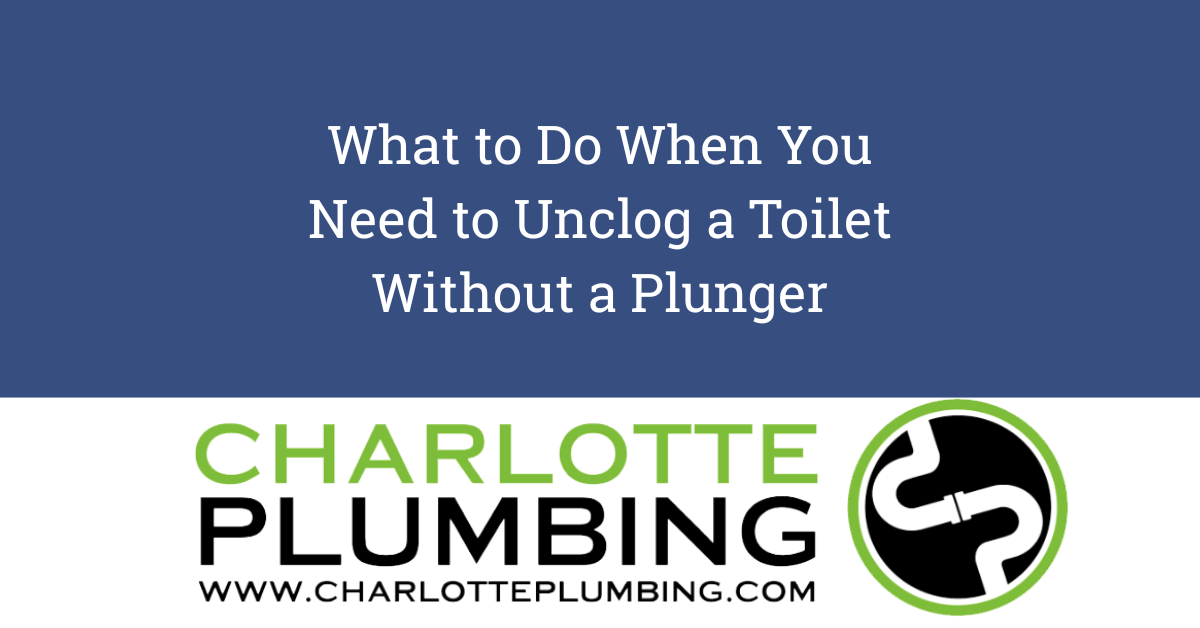Plumbing Safety 101: Precautions Every Homeowner Should Take
Your home’s plumbing system is essential for daily life, but working with it can pose risks if proper safety precautions aren’t followed. Whether you’re tackling a minor repair or simply maintaining your system, it’s important to stay safe and avoid costly mistakes. Here are the top plumbing safety tips every homeowner should know.
1. Know How to Shut Off the Water
Before working on any plumbing fixture, locate and turn off the water supply. Every home has a main shutoff valve, usually found near the water meter or where the main water line enters the house. Individual fixtures also have shutoff valves under sinks, behind toilets, and near appliances like water heaters and washing machines. Shutting off the water prevents flooding and potential water damage if something goes wrong during a repair.
2. Use the Right Tools for the Job
Plumbing repairs require specific tools to ensure safety and effectiveness. Essential tools include:
3. Wear Proper Protective Gear
When handling plumbing tasks, protective gear is essential. Wear:
4. Avoid Using Chemical Drain Cleaners
While chemical drain cleaners offer a quick fix for clogs, they can corrode pipes and create hazardous fumes. Instead, opt for safer methods like a plunger, a drain snake, or a baking soda and vinegar solution. If a clog persists, consider calling a professional plumber to avoid damaging your pipes.
5. Be Cautious Around Gas Lines
If your home has gas-powered water heaters or appliances, be extremely cautious when working near gas lines. If you smell gas or suspect a leak, evacuate the area immediately and contact your gas company. Never attempt to repair or move gas lines on your own—always hire a licensed professional.
6. Watch for Signs of Hidden Leaks
Hidden leaks can lead to mold growth, structural damage, and increased water bills. Keep an eye out for:
Catching leaks early can prevent costly repairs and health risks.
7. Never Over-Tighten Connections
Over-tightening pipes, fittings, or fixtures can lead to cracks and leaks over time. When assembling plumbing components, ensure a snug fit without excessive force. Using Teflon tape on threaded connections can help create a secure seal without the need for overtightening.
8. Know When to Call a Professional
While DIY plumbing repairs can save money, some jobs require professional expertise. Call a licensed plumber if you encounter:
Attempting complex repairs without proper knowledge can worsen the problem and lead to costly damages.
Stay Safe With Smart Plumbing Practices
Plumbing safety is all about preparation, caution, and knowing your limits. By following these precautions, you can prevent accidents, protect your home, and maintain a safe and efficient plumbing system. If you ever need professional assistance, Charlotte Plumbing is here to help. Contact us today for reliable and professional plumbing services.
